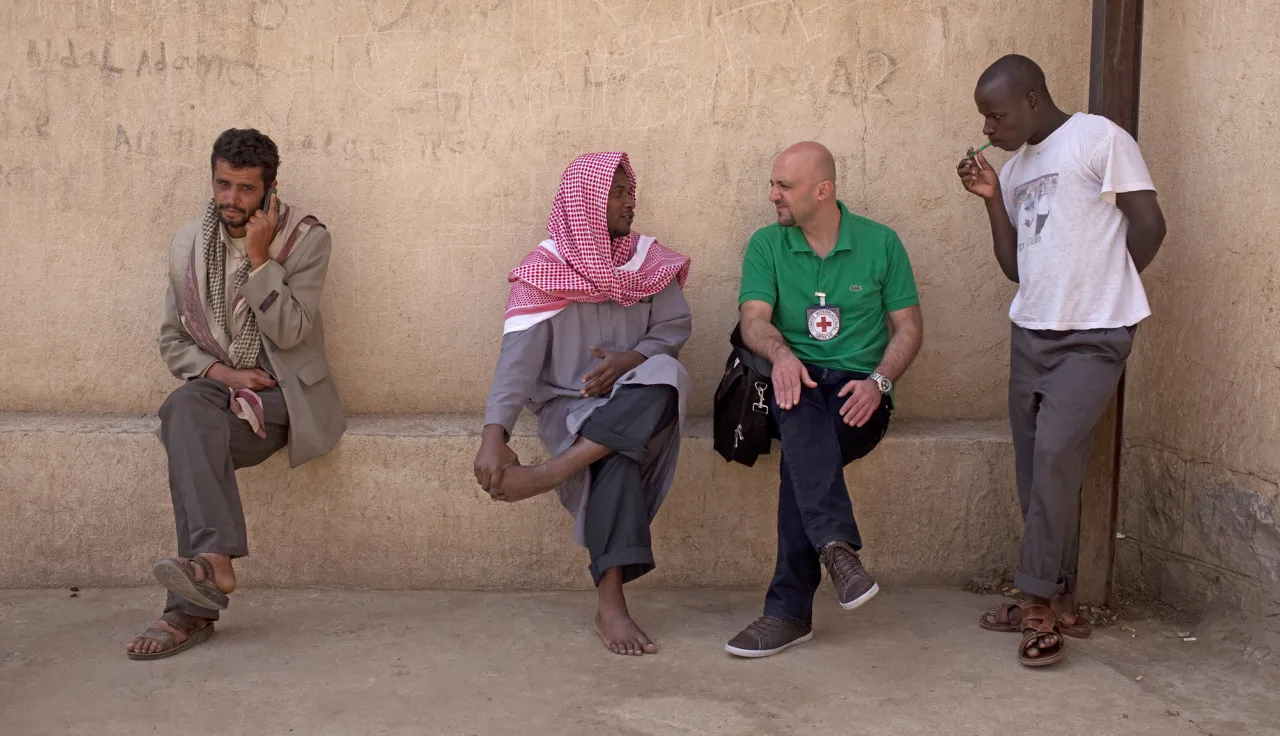ICRC policy on immigration detention

Migration is a growing global phenomenon and many States endeavour to control and contain irregular migration by adopting restrictive migration policies. This may result in the use of coercive measures, including the systematic use of detention, either administrative or criminal. In this policy document on immigration detention, we briefly highlight key points for States to bear in mind when considering the administrative detention of migrants on the grounds they have entered or are staying in a country irregularly.
Summary
- Detention should be an exceptional measure; liberty and alternatives to detention should always be considered first, i.e. detention should be a measure of last resort.
- Detention can only be ordered on the basis of a decision taken in each individual case, without discrimination of any kind. A decision to detain must not be based on a mandatory rule for a broad category of persons.
- Any detention must be determined to be necessary, reasonable and proportionate to a legitimate purpose. Administrative detention may not serve as a deterrent or as punishment.
- Detention should be limited in time.
- Conditions and treatment in administrative detention should be non-punitive.
- Migrants must be allowed to have contact with members of their family.
- Respect for key procedural safeguards is essential.
- Migrants have the right to seek and enjoy asylum from persecution.
- The special circumstances of certain categories of especially vulnerable migrants, such as children, victims of torture or trafficking, persons with mental disabilities and/or health conditions, and elderly people, should be considered. Detention of these vulnerable groups should be avoided.



